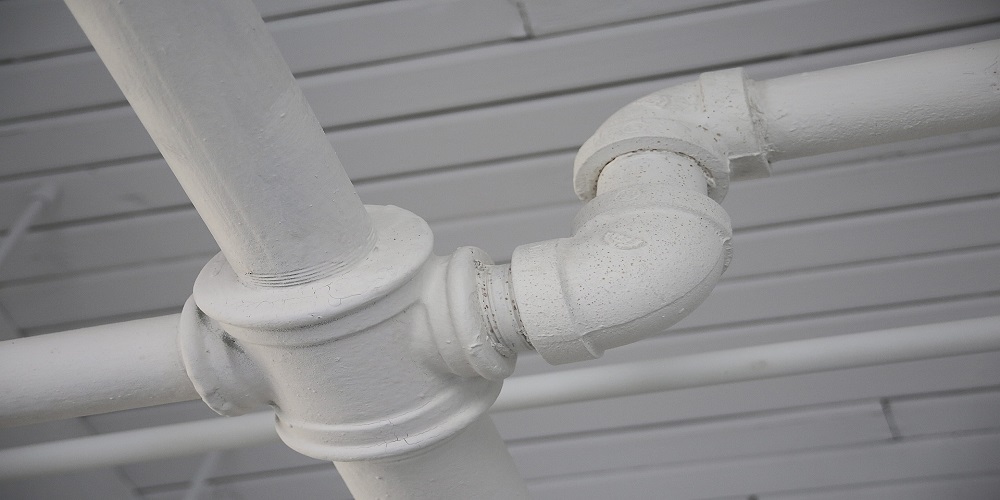It’s important to know when your septic system needs to be repaired. This checklist will help you determine if your septic system needs repair.

Check for Water Pools Around Your Septic Tank
Water pools could indicate that your septic system is not draining correctly. If the area around your septic tank is murky, especially in the dry system, it might be time to repair it.
Search for Sewage Odors from Your Septic Tank
Septic tanks are usually designed to be airtight. Therefore, odors from the tank could indicate that your septic system is not functioning correctly.
Repeated Blockages on Your Sink
Sewer pipes can get blocked by waste oils and fats, which harden to form scum. Some types of disintegrating tissue paper might also cause blockages.
While you can use a plumbing snake to unblock them, serious cases might need septic system repair
Look for Slow Drains in Sinks and Toilets
Slow drains and clogs mean that your septic system is not draining correctly. For example, if your sink or bathroom takes forever to drain, it might mean that sludge has accumulated in the drain pipes.
Check your Septic Tank for Leaks
One sign that your septic tank leaks is evidence of damp or squishy spots on your lawn.
Leaks cause the soil around that place to dissipate, causing the ground to dip. Sewage bubbling from the ground might also indicate that the septic tank needs repair.
Check for Signs of Rust on Your Septic Tank
If you use a steel septic tank, rusting might cause it to develop leaks. In this case, you’ll need to repair or purchase another septic system.
Sewage in The House
When your sink or toilet water is backing into the house, this might indicate that your septic system is blocked or that the drainage field has been saturated with too much solid material.
This could also be caused by too much water saturating the drain field due to floods. Either way, you’ll need a septic system repair.
How The Septic System Works
Effluents from your sink or toilet flow into a holding tank. The solid waste settles at the bottom, while liquids drain off the top. Next, the liquid waste flows into a drain field, which can be a large pit full of sand.
The water is seeped by the soil and eventually merges with groundwater.
How To Avoid Septic System Problems
These tips will improve the lifespan of your sewage system and save you considerable repair costs:
- Don’t flush solid wastes: These might cause blockages in the drainage system. Some types of tissues and baby wipes do not break down, and you should avoid using them.
- Don’t flush clog-inducing materials: These can be solids such as soap, food remains, etc.
- Install oil interceptors: You can install these on your kitchen drainage pipes. They intercept oils and greases before they harden and block your sewer system.
Conclusion
If you notice any of these signs, it is important to call a professional septic system repair company to have your septic system repaired.
